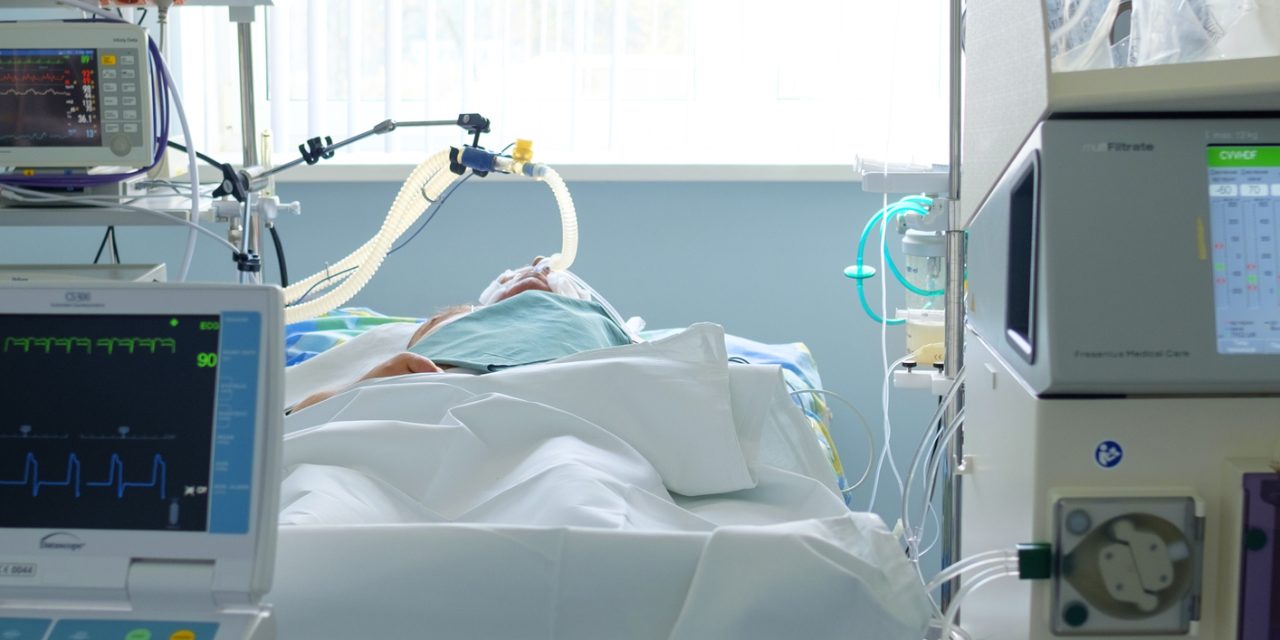Gastrointestinal complications after cardiac surgery are associated with high morbidity and mortality. We sought to determine the granular impact of individual gastrointestinal complications after cardiac surgery and assess contemporary outcomes.
Patients undergoing cardiac surgery from 2010 to 2017 (6070 patients) were identified from an institutional Society of Thoracic Surgeons database. Records were paired with institutional data assessing gastrointestinal complications and cost. Patients were stratified by early (2010-2013) and current (2014-2017) eras.
A total of 280 (4.6%) patients experienced gastrointestinal complications including Clostridiumdifficile infection (94, 33.6%), gastrointestinal bleed (86, 30.7%), hepatic failure (66, 23.6%), prolonged ileus (59, 21.1%), mesenteric ischemia (47, 16.8%), acute cholecystitis (17, 6.0%), and pancreatitis (14, 5.0%). Gastrointestinal complications were associated with higher rates of early postoperative major morbidity [206 (73.6%) versus 773 (13.4%), P < 0.0001], mortality [78 (27.9%) versus 161 (2.8%), P < 0.0001], length of stay (23 versus 6 d, P < 0.0001), and discharge to a facility [115 (41.1%) versus 1395 (24.1%), P < 0.0001]. Patients suffering gastrointestinal complications had worse risk-adjusted long-term survival (hazard ratio: 3.0, P 0.05). However, long-term survival increased in modern era (P < 0.0001).
Although incidence of gastrointestinal complications after cardiac surgery has not changed over time, long-term survival has improved. Gastrointestinal complications remain associated with high resource utilization and major morbidity, but patients are now more likely to recover, highlighting the benefit of quality improvement efforts.
Published by Elsevier Inc.
Gastrointestinal Complications After Cardiac Surgery: Highly Morbid but Improving Over Time.


